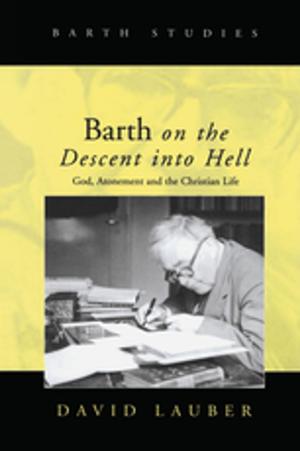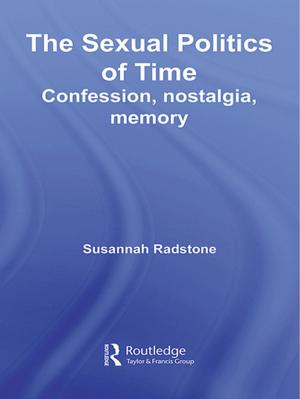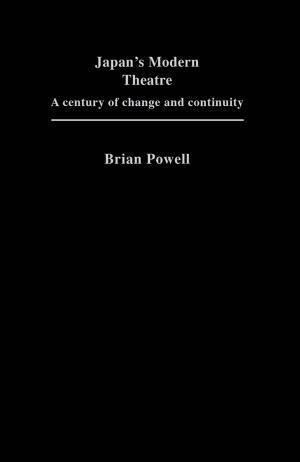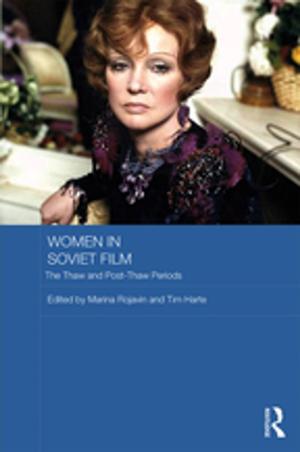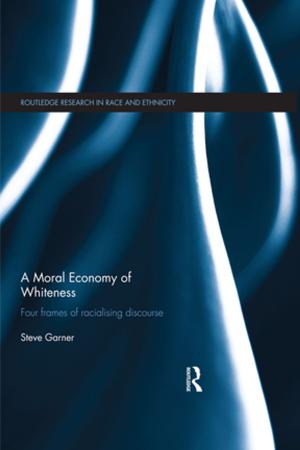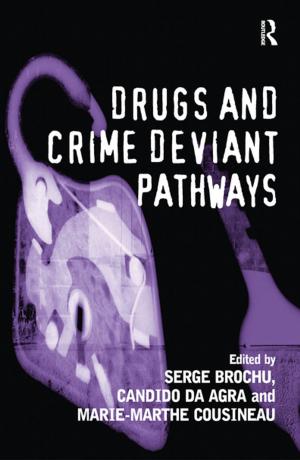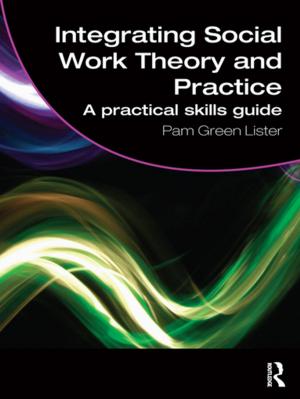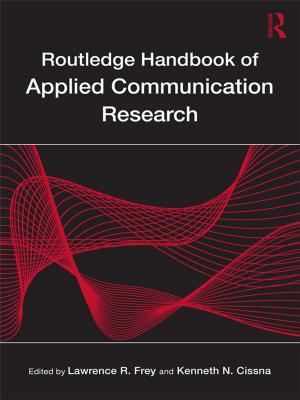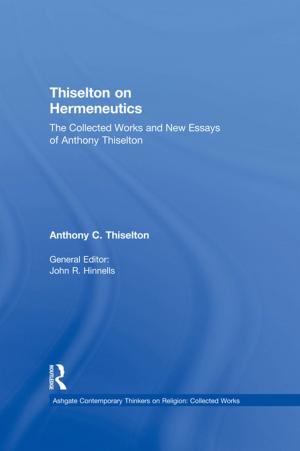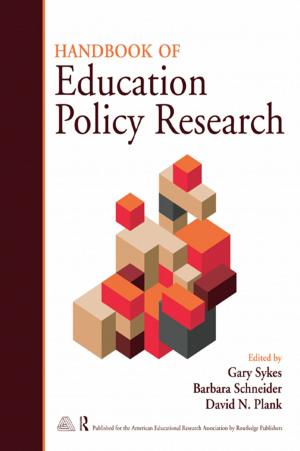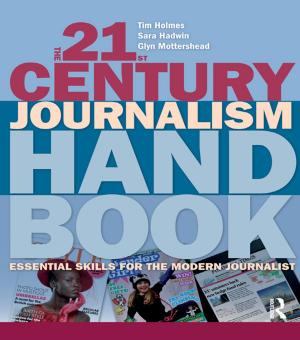Education between Speech and Writing
Crossing the Boundaries of Dao and Deconstruction
Nonfiction, Reference & Language, Language Arts, Alphabet, Education & Teaching, Educational Theory, Philosophy & Social Aspects| Author: | Ruyu Hung | ISBN: | 9781317540113 |
| Publisher: | Taylor and Francis | Publication: | November 6, 2017 |
| Imprint: | Routledge | Language: | English |
| Author: | Ruyu Hung |
| ISBN: | 9781317540113 |
| Publisher: | Taylor and Francis |
| Publication: | November 6, 2017 |
| Imprint: | Routledge |
| Language: | English |
This unique book explores how graphocentrism affects Chinese education and culture. It moves away from the contemporary educational practices in China of following the Western model of phonocentrism, to demonstrate that each perspective interacts and counteracts with each other, creating a dialogue between Eastern and Western thought.
Chapters explore the consonances and dissonances between the two, problematizing the educational practices of Chinese tradition and proposing a dialectical thinking of post-graphocentrism, based on the concepts of Dao and deconstruction. The volume creates a unique area in the field of philosophy of education by questioning the writing/speaking relationship in Chinese tradition, complete with educational ideas and practices that consider the uniqueness of Chinese character writing.
A pioneering study of its kind, Education between Speech and Writing provides a valuable source for students of philosophy of education, as well as students and academics in the field of Chinese Studies. The book will also appeal to anyone interested in dialogues between Chinese and Western thoughts, especially negotiating between Daoism and deconstruction.
This unique book explores how graphocentrism affects Chinese education and culture. It moves away from the contemporary educational practices in China of following the Western model of phonocentrism, to demonstrate that each perspective interacts and counteracts with each other, creating a dialogue between Eastern and Western thought.
Chapters explore the consonances and dissonances between the two, problematizing the educational practices of Chinese tradition and proposing a dialectical thinking of post-graphocentrism, based on the concepts of Dao and deconstruction. The volume creates a unique area in the field of philosophy of education by questioning the writing/speaking relationship in Chinese tradition, complete with educational ideas and practices that consider the uniqueness of Chinese character writing.
A pioneering study of its kind, Education between Speech and Writing provides a valuable source for students of philosophy of education, as well as students and academics in the field of Chinese Studies. The book will also appeal to anyone interested in dialogues between Chinese and Western thoughts, especially negotiating between Daoism and deconstruction.

